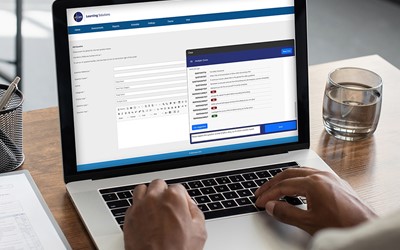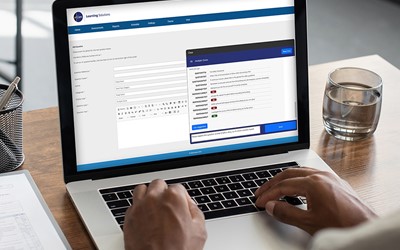Home / Blog / Creating assessment questions with iQ, part of eNetAssess – Frequently Asked Questions
Creating assessment questions with iQ, part of eNetAssess – Frequently Asked Questions
iQ, the latest AI-powered enhancement to eNetAssess, transforms the way workplace assessments are created. Designed for assessment professionals, iQ makes generating high-quality, relevant questions effortless, whether you’re tackling complex topics like "safety protocols when working at heights" or building foundational knowledge checks.
Cost-effective and easy to integrate, iQ empowers you to:
- create high-quality, relevant questions tailored to your assessment needs with ease;
- customise and refine AI-generated questions to align with your specific learning objectives; and
- maintain rigorous quality standards with built-in quality control features that reject simplistic or irrelevant prompts.
Below you'll find answers to the most commonly asked questions about iQ.
Posted 26 November 2024
Frequently asked questions about iQ
Q. Can the system store and reference certain documents when creating questions? For example, question writing guidelines, style guide, and syllabus? And can the questions generated align with the intended learning outcomes?
A. Yes, you can upload reference documents, including learning outcomes. This allows the system to use question writing guidelines at the prompt level and align generated questions with the specified learning outcomes.
Q. Can the AI be programmed to create questions based on Bloom's Taxonomy?
A. Yes, you can upload relevant examples that use blooms taxonomy to train the AI, and these will be referenced to generate relevant questions.
Q. Can AI incorporate question classification (e.g. foundation, intermediate, advanced) into the question-generation process?
A. Yes, the system can be trained on different question classification levels, so users can request a question at a particular level.
Q. Can iQ generate questions using a template that includes elements such as the stem, correct answer, and distractors?
A. Yes. And the tool has two-factor authentication that ensuring your templates and the content you create is fully secure.
Q. Can there be grading analysis for each question, describing the outcome without revealing the question itself?
A. Yes. And this can also include charts to visually highlight areas of strength and weakness, which could be shared with candidates after the assessment to help them improve.
Q. Can the correct answer and each distractor come with clear explanations outlining why they are correct or incorrect?
A. Yes. The system can provide this information after the candidate has answered the question.
Q. Where the question approval process involves multiple reviewers, can the system save questions for later review/editing
A. Yes, questions created with iQ are like any other questions. They can be saved without validation and reviewed or edited later until approved.
Q. Can iQ generate questions in multiple languages?
A. Yes. Within iQ, multiple translated versions of a question can created.
Q. Does the system track the content it creates, and how does the AI use this to improve future content?
A. To some extent, although the AI will occasionally need additional training to maintain the highest quality of responses and suggestions.
Recent Posts
eCom Learning Solutions: Staying ahead in a constantly evolving landscapeIs your work changing, or just your tools? A question for the modern workforce
What is competency? And why it matters in the workplace
Bridging the integrity gap: A proactive approach with eNetEnterprise
Proving Learning Works: Trends Driving Workplace Training in 2025



